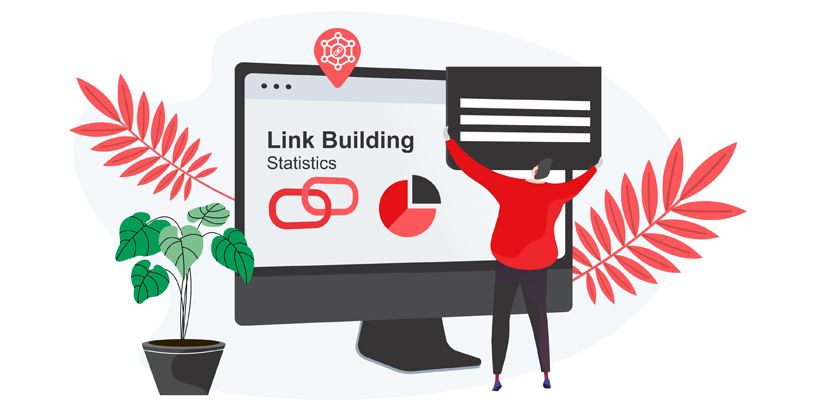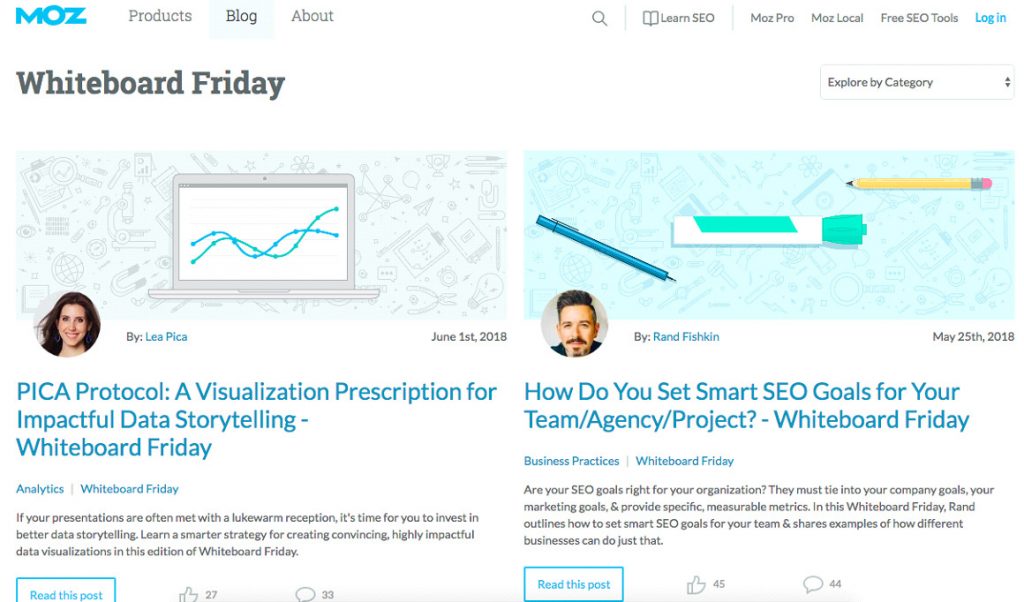Link Building Statistics 2024: Key Insights and Trends for Effective SEO

Backlinks are important for SEO. But do you know what the statistics say about link building in 2024? Read this blog to explore major stats, practical tactics and trends to optimize your SEO strategy.















